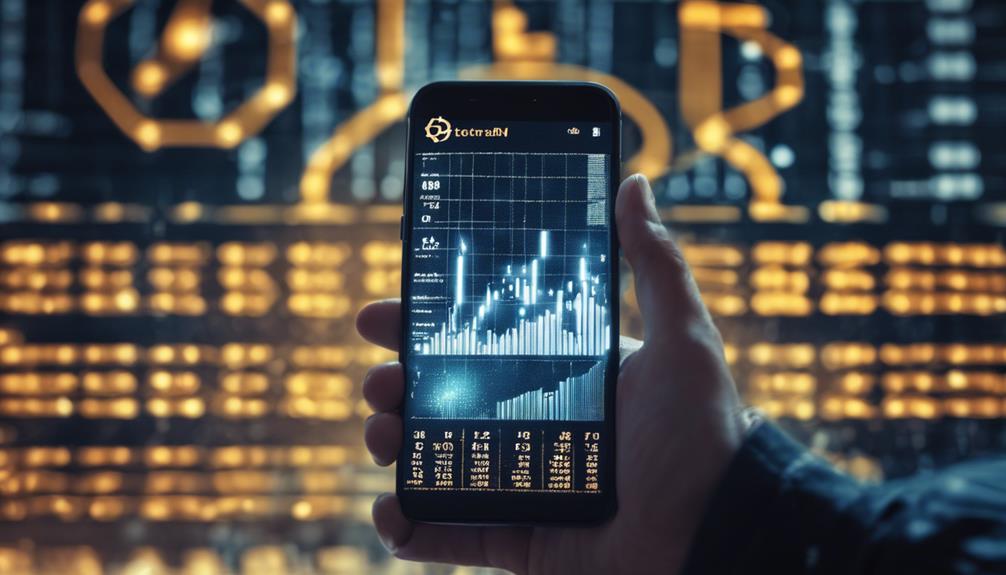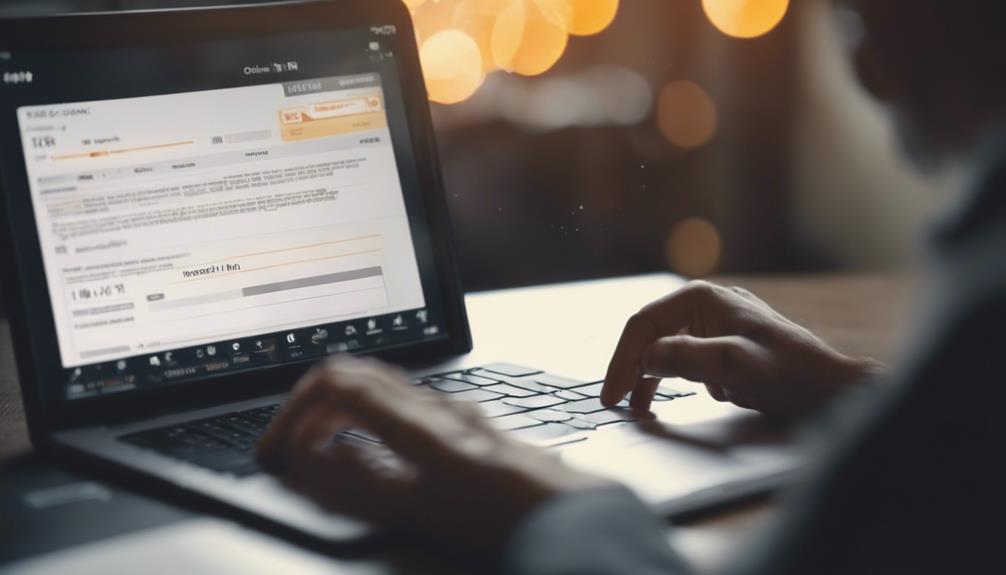You might not realize that Bitcoin IRAs carry hidden risks most investors overlook. These include regulatory uncertainties since rules around cryptocurrencies are still evolving, and your investments aren’t insured like traditional IRAs. Market volatility can quickly erode your savings, while security threats like hacking put your assets at risk. Plus, complex tax rules could lead to penalties if you’re not careful. To protect your retirement, it’s important to understand these risks—continue to explore what you need to know.
Key Takeaways
- Bitcoin IRAs lack FDIC or SIPC insurance, leaving investments vulnerable to total loss.
- Regulatory uncertainty and evolving rules can lead to costly penalties for non-compliance.
- Crypto volatility may severely impact retirement savings and hinder meeting Required Minimum Distributions (RMDs).
- Heavy crypto concentration increases risk and complicates portfolio diversification.
- Cybersecurity threats pose significant risks of hacking, theft, and irreversible asset loss.

Bitcoin IRAs may seem like an attractive way to boost your retirement savings with the promise of high growth and tax advantages. But beneath the appealing surface, several hidden risks could catch you off guard if you’re not careful. One major concern is the lack of regulatory safeguards. Unlike traditional IRAs, Bitcoin IRAs aren’t insured by the FDIC or SIPC, leaving your investments unprotected against potential losses. The crypto space is shrouded in regulatory uncertainty, with rules around cryptocurrencies and the firms offering self-directed IRAs still evolving. These firms aren’t held to the same standards as traditional financial institutions, which means you have fewer protections if something goes wrong. The future of regulation remains uncertain, adding an unpredictable layer to your retirement planning.
Bitcoin IRAs lack regulatory safeguards, leaving your investments vulnerable to losses and uncertain future rules.
Tax risks and penalties also pose substantial threats. The IRS enforces strict rules for IRA investments, and noncompliance can lead to hefty tax penalties. Using your IRA-owned cryptocurrencies for prohibited transactions can disqualify your entire account, resulting in unexpected tax liabilities. While gains and losses on crypto are generally tax-advantaged within an IRA, misinterpreting IRS regulations can lead to severe penalties. The rules are complex and can change, so staying compliant is essential to avoid costly mistakes that could derail your retirement savings.
Market volatility is another vital risk. Cryptocurrencies are notorious for their dramatic price swings. A sudden drop in value can jeopardize your ability to meet required minimum distributions (RMDs) and can markedly diminish your overall retirement nest egg. High volatility means your investments can lose substantial value quickly, and limited liquidity in the crypto market can make it difficult to sell assets when you need cash. If markets turn sharply downward, you might find yourself unable to access your funds without incurring losses, which could undermine your retirement plans.
Diversification is a traditional strategy to reduce risk, but crypto’s volatility can offset the benefits. If you heavily rely on cryptocurrencies, your portfolio may become unbalanced, especially since crypto assets often don’t correlate with traditional investments. This can lead to greater risk exposure, undermining your diversification efforts. Additionally, liquidity concerns are significant—selling crypto assets quickly isn’t always possible without suffering losses, especially during downturns. This can make it tough to access cash for RMDs or emergencies.
Security risks shouldn’t be overlooked either. Cryptocurrency investments are vulnerable to hacking, theft, and cybersecurity breaches. While some platforms use cold storage wallets for added security, no system is entirely immune. If your assets are compromised, you could face substantial financial losses. With the complex and evolving landscape of crypto security, ensuring robust safeguards is vital but not foolproof. Combined with the demographic profile of most crypto investors—often younger, more risk-tolerant individuals—these risks highlight the importance of understanding what you’re really getting into before jumping into a Bitcoin IRA.
Frequently Asked Questions
How Do Bitcoin IRA Fees Compare to Traditional IRAS?
You might notice that Bitcoin IRAs typically have higher and more complex fees compared to traditional IRAs. They charge setup fees, monthly custody fees, and transaction costs, which can add up over time. Traditional IRAs usually have lower, straightforward management fees and minimal transaction costs. While Bitcoin IRAs offer exposure to cryptocurrencies, these higher fees can reduce your overall investment returns, especially with active trading and volatile assets.
Can I Lose All My Investment in a Bitcoin IRA?
Yes, you can lose your entire investment in a Bitcoin IRA. Cryptocurrency markets are highly volatile, and prices can plummet sharply, sometimes wiping out most or all of your funds. Additionally, risks like market manipulation, liquidity issues, and regulatory uncertainties can lead to significant losses. Since these investments lack FDIC or SIPC insurance, there’s no protection if the market crashes or if you make a mistake.
Are There Penalties for Early Withdrawal From a Bitcoin IRA?
Think of your Bitcoin IRA like a delicate clockwork mechanism. If you pull out the main spring early, it might break. Early withdrawal from your Bitcoin IRA usually incurs a 10% IRS penalty if you’re under 59½, and you’ll owe taxes on the amount. While some exceptions exist, pulling funds early can derail your long-term retirement plans, so weigh your options carefully before making a move.
How Is the IRS Monitoring Bitcoin IRAS for Compliance?
The IRS monitors Bitcoin IRAs through blockchain analysis, reporting requirements, and partnerships with analytics firms. They track transactions on the public ledger, linking wallets to individuals, and require exchanges to report detailed activities. They also use new regulations to enhance oversight, especially on staking rewards, airdrops, and NFTs. Non-compliance can trigger audits, fines, or even criminal charges, so you need to stay compliant and report all transactions accurately.
What Are the Tax Implications of Bitcoin IRA Transactions?
Think of your Bitcoin IRA as a vault where your treasure grows quietly. When you contribute, it’s like planting seeds—potentially tax-deductible. Withdrawals from traditional IRAs trigger taxes, while Roth IRAs let your gains grow untaxed. Inside the vault, crypto transactions are shielded from capital gains taxes, but outside, they’re taxed like property. Knowing these tax implications helps you navigate your investment’s journey wisely.
Conclusion
You might think Bitcoin IRAs are a foolproof way to grow your savings, but the truth is, they come with hidden risks most investors overlook. Like the theory that all cryptocurrencies are invincible, it’s tempting to believe in their endless potential. But history shows volatility and regulatory hurdles can strike unexpectedly. So, stay cautious, do your homework, and remember: even the brightest ideas can have shadows lurking behind them.









